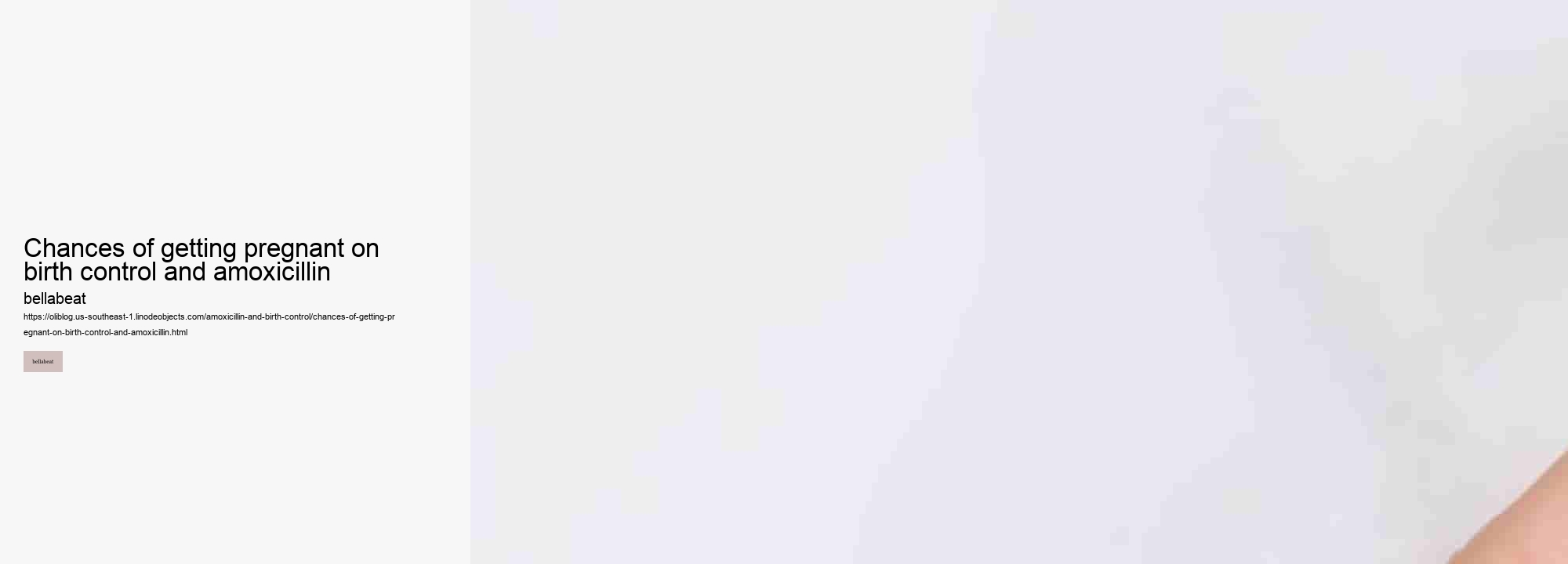

The selection process itself fosters communication within relationships as partners must discuss preferences and responsibilities openly—an exercise that strengthens intimacy through shared decision-making. Come the 1700s and 1800s, the condom emerged—not initially as birth control but to protect against disease. Today's landscape is diverse: IUDs (intrauterine devices), implants, patches, rings alongside traditional methods such as condoms and diaphragms provide numerous options catering to different needs. Often, conversations around birth control are shrouded in misinformation or lack depth, focusing narrowly on common options like condoms or oral contraceptives.
As research continues to push boundaries in this field, ethical considerations around accessibility and education become paramount. These devices might even deliver non-hormonal agents, broadening options for those who prefer or require hormone-free contraception. How to Navigate Intimacy Without Fear: Discover Effective Birth Control OptionsNavigating intimacy without fear requires open communication, trust, and a deep understanding of birth control options.
It encompasses the liberty to make personal choices, pursue individual aspirations, and enjoy shared experiences without undue fear or restriction. Whether joining local advocacy groups or participating in online forums discussing reproductive issues, connecting with others provides not just support but also opportunities for collective action—which often has greater impact than individual efforts alone. Non-hormonal birth control encompasses a variety of approaches that don't affect hormone levels in the body.
To construct an essay that selects the least probable word every six words requires intentionally choosing words that might not fit as naturally into the context, creating a somewhat disjointed and less coherent piece. Birth control methods stand as guardians at the gates of uncertainty, offering couples the freedom to engage with each other without the looming concern of unintended consequences. Digital innovation joins biological ingenuity as mobile applications harness algorithms to track fertility cycles with precision previously unheard of.
The Role of Education in Preventing Unplanned PregnanciesEducation plays a pivotal role in equipping individuals with the knowledge and skills necessary to make informed decisions about their sexual health, thereby reducing the incidence of unplanned pregnancies. Islam presents a nuanced position where birth control is permissible under certain circumstances but discouraged if it seeks to permanently prevent childbirth without compelling reasons. Ethical Reflections:Secularly speaking, birth control embodies autonomy over reproductive choices.
Engaging religious leaders and local influencers in dialogue about the benefits of family planning could foster greater acceptance within these communities. Discover Birth Control Options.
Furthermore, maintaining healthy lifestyles prior to conception can increase chances for successful pregnancies and healthy offspring. Conclusion:In summing up this exploration into ethical and religious views on birth control, it’s evident that consensus remains elusive due primarily to deeply-rooted ideological differences.
Organizations should aim for inclusive healthcare plans that support family planning resources as part of employee benefits—a step towards leveling the playing field for men and women alike. The array of contraceptive options available today is diverse, ranging from daily oral pills to long-acting reversible contraceptives like IUDs.
By doing so, you safeguard not only your physical well-being but also cultivate an environment where love and unpredictability can flourish hand-in-hand – creating an exuberant tapestry woven from threads of carefree adventures and profound connection between two people. However, choosing a birth control method requires open dialogue between partners. Hormonal contraceptives can regulate menstrual cycles and reduce symptoms associated with conditions such as polycystic ovary syndrome (PCOS) and endometriosis. Meanwhile, individuals who prefer hormone-free methods may gravitate toward copper IUDs or barrier methods such as diaphragms or condoms. As lifestyles change—perhaps due to career demands or personal choices—so too must our approach to contraception.
Finally, supporting non-profit organizations committed to defending reproductive freedom allows those with limited time or resources to contribute financially or through volunteering—even if sporadically—to the broader fight for these fundamental rights. Another exciting avenue is the exploration of reversible vasectomy techniques. And then there are fertility awareness-based methods that require intimate knowledge of one's body rhythms—a choice imbued with both empowerment and responsibility. Understand the array of contraceptives available—from traditional condoms and oral pills to long-acting methods like intrauterine devices (IUDs) and implants.
This essay explores divergent perspectives on contraception, seeking commonality amidst discord. In this light, selecting a birth control method becomes not just a practical health decision but also an expression of self-determination and partnership cooperation. The intersection of these two spheres—freedom and intimacy—is where birth control solutions enter the picture. Although slightly less effective at preventing pregnancy than hormonal methods when used alone—around 85% with typical use—they are crucial in safeguarding sexual health.
Experimental techniques such as reversible inhibition of sperm under guidance (RISUG) and Vasalgel provide long-term prevention without affecting hormonal pathways. In many nations, the cost of birth control is prohibitive for large segments of the population. Crafting a delicate equilibrium between personal autonomy and the intimacy of relationships can be likened to navigating a complex labyrinth, where every turn demands thoughtful consideration. These include barrier methods like condoms and diaphragms; natural family planning based on tracking fertility signs; spermicides; copper IUDs; sterilization procedures such as vasectomy or tubal ligation; and emergency contraception like the copper IUD or morning-after pills that do not contain hormones.

Accessing comprehensive information about these methods becomes essential for informed decision-making. For those seeking permanent solutions after completing their families or deciding not to have children at all, surgical procedures like vasectomy or tubal ligation are possible avenues. Engaging in this undiscussed but crucial conversation requires us to look beyond conventional wisdom. In conclusion, embracing freedom through trustworthy birth control techniques enriches relationships by fostering autonomy while fortifying partnership bonds through trust-driven communication about reproductive choices. Financial preparedness cannot be overstated in the context of family planning. Community engagement offers strength through solidarity.
Detractors worry about potential long-term consequences such as demographic imbalances or unintended eugenic outcomes. Additionally, certain methods require precise insertion by trained professionals; hence scheduling regular follow-ups ensures that everything remains in place and functions optimally. While voting itself may seem like a simple act, understanding the implications of different politicians' platforms can take substantial research—effort that is well worth it when considering what's at stake. Barriers to contraceptive access vary widely by region, culture, socioeconomic status, and political climate. For those seeking non-hormonal or non-invasive alternatives—or for whom cost is a barrier—the landscape includes viable options albeit generally with reduced reliability compared to their long-acting counterparts.
Moreover, when both individuals participate in choosing and managing birth control methods, it fosters equality within the relationship. From a health perspective, birth control offers various benefits beyond pregnancy prevention. One of the most promising developments in male contraception is the emergence of non-hormonal approaches. As society navigates ethical considerations around accessibility and equity within sexual health resources, it must ensure that every individual can avail themselves of these pioneering tools regardless of socioeconomic strata. Partners should never pressure each other into using a contraceptive they're uncomfortable with or disregard agreed-upon strategies.
This peace of mind allows them to fully immerse themselves in their relationship without the undercurrents of fear related to pregnancy. Consulting healthcare professionals who can offer personalized advice based on medical history, lifestyle preferences, and future plans is fundamental to making an informed choice. Comprehensive sex education helps individuals understand their own bodies and contraceptive options better—knowledge which empowers them to make informed choices without being swayed by misinformation or societal pressure. Ensuring these new technologies are affordable and accompanied by comprehensive information will be key to their successful integration into society's broader contraceptive framework. How to Protect Your Reproductive Rights and Choices EffortlesslyProtecting one's reproductive rights should not be a task fraught with excessive effort or hardship, yet the reality for many is that safeguarding these freedoms requires constant vigilance and proactive measures.
These methods work by altering hormone levels in the body to prevent ovulation. The term "Smart Couples" has been coined to describe partners who take proactive steps towards managing their reproductive health and future family prospects through education and the use of reliable birth control methods. To surmount these global challenges regarding access to contraception requires multifaceted solutions tailored to individual contexts—there's no one-size-fits-all remedy. In conclusion, both hormonal and non-homonal forms of birth control present distinct advantages and challenges that one must weigh carefully when deciding on contraception best suited to their lifestyle and bodily needs.
Furthermore, those who are sexually active are more inclined to consistently utilize contraceptives effectively. What Is the Modern Woman's Best Tool for Career Planning? What Is the Undiscussed Game-Changer in Preventing Unplanned Pregnancy?
The concept of a stress-free relationship may seem like an elusive utopia, but there are various strategies that couples can employ to foster harmony and reduce tension. In an ideal society, the ability to make autonomous decisions about one's body would be effortlessly assured, but this remains aspirational for too many. Religious beliefs and traditional values sometimes conflict with the use of modern contraceptives, leading communities or even entire countries to resist their adoption altogether.
For instance, someone with a hectic travel schedule may find it challenging to maintain a strict pill regimen and might benefit from exploring less maintenance-intensive options such as contraceptive implants or injections. Contraceptives range from barrier methods like condoms and diaphragms to hormonal options such as the pill, patches, injections, or intrauterine devices (IUDs). The cervical cap followed closely behind in popularity among European women.

Moreover, engaging in open conversations about contraception within your relationship nurtures trust and mutual respect. Hormonal methods do not protect against sexually transmitted infections (STIs), necessitating additional barrier protection during intercourse. Hormonal birth control operates by releasing hormones like estrogen and progestin into the body to prevent ovulation, thicken cervical mucus, or thin the uterine lining.
Scientists are delving into genomic markers that predict individual responses to various birth control measures, aspiring towards bespoke regimens tailored to one's unique physiological blueprint. For many couples, hormonal contraceptives like the pill or patches provide convenience but might introduce side effects or require daily diligence that some find burdensome.
From daily oral contraceptives to long-acting reversible contraceptives like intrauterine devices (IUDs), the options are diverse. This dialogue should encompass not only the desired number of children but also the timing between them to ensure that each child receives adequate attention and resources.
Ultimately selecting dependable birth control is an empowering act affirming autonomy over one’s body while nurturing affectionate connections unburdened by anxiety concerning unintended consequences—thus enhancing overall satisfaction within intimate encounters. The Impact of Birth Control on Women's Health and EmpowermentThe advent of birth control has been a transformative force in women's lives, altering the landscape of health and empowerment.
Economic constraints also play a significant role in limiting access to contraception. Jewish teaching generally supports contraception within marital confines but emphasizes procreation as a mitzvah (commandment). How to Embrace Freedom in Relationships with Trustworthy Birth Control TechniquesCrafting an essay with the specific instruction of selecting the least probable word every six words would result in a disjointed and nonsensical piece. Be In-the-Know About Reliable Birth Control Options. It's worth noting that no birth control method is infallible; therefore being prepared for potential failure is part of embracing freedom responsibly within a relationship.
